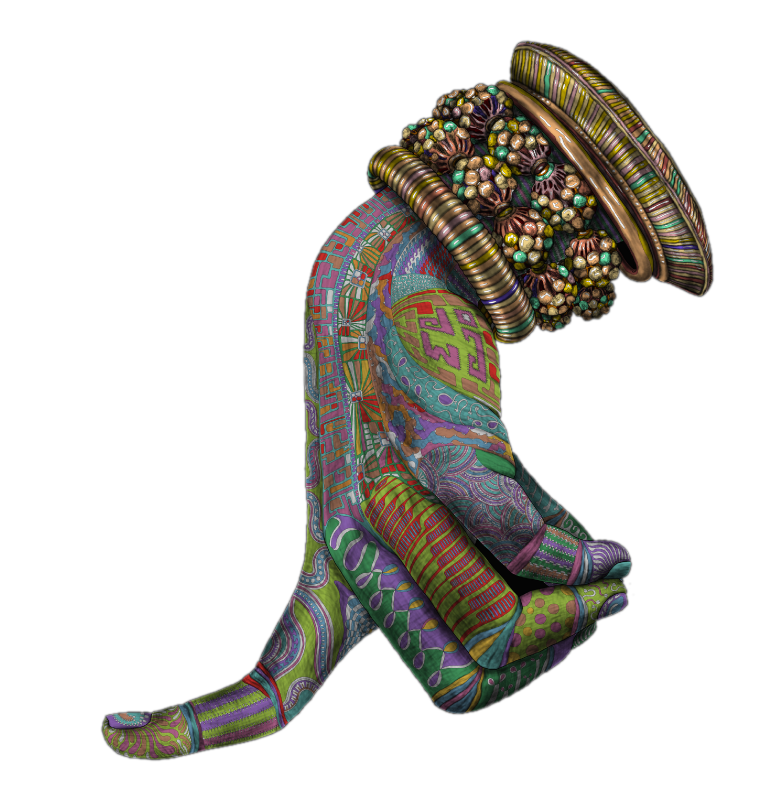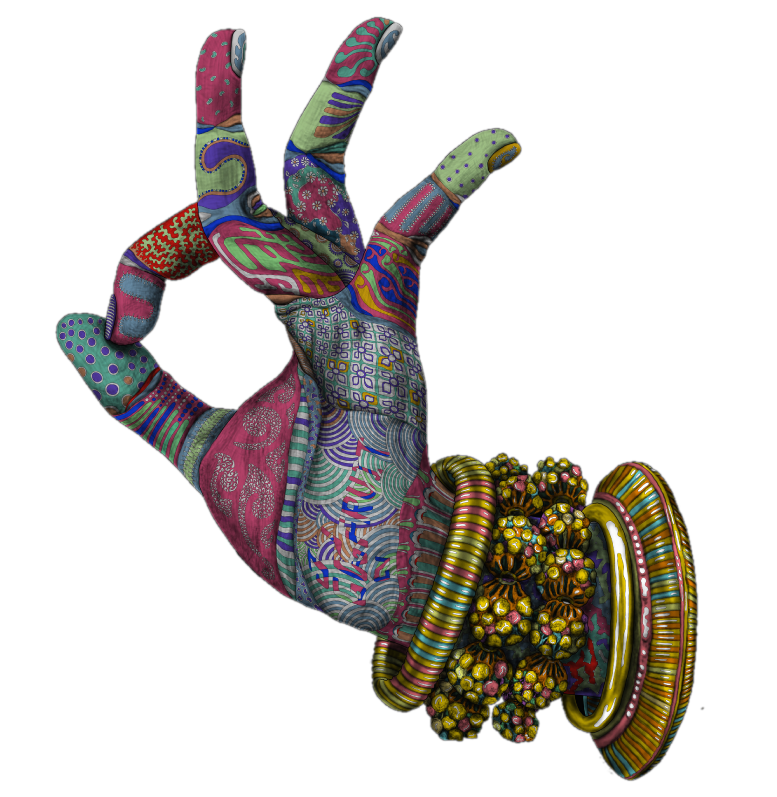Early Beginnings
KAS’s engagement in Cambodia predates the formal opening of its Phnom Penh office in 1994. As early as 1990, KAS partnered with local entities, most notably Buddhism for Development (BFD), to support initiatives focused on cultural preservation and capacity building in refugee camps and provinces like Battambang and Banteay Meanchey. Though these efforts occurred before the foundation’s official presence, they established the foundation for future cooperation.
Our early projects focused on empowering local leaders—particularly monks and nuns—to take active roles in community development, address pressing social and political issues, and use their (societal) impact to promote peace and democracy. Key initiatives included leadership training, capacity building, and scholarship programs, which provided opportunities for Cambodians to receive training in Khmer arts (at Wat Bo in Siem Reap) and English language proficiency as well as study abroad. These efforts played a vital role in preserving Cambodia’s cultural heritage, which had been severely threatened during the previous decades of conflict.
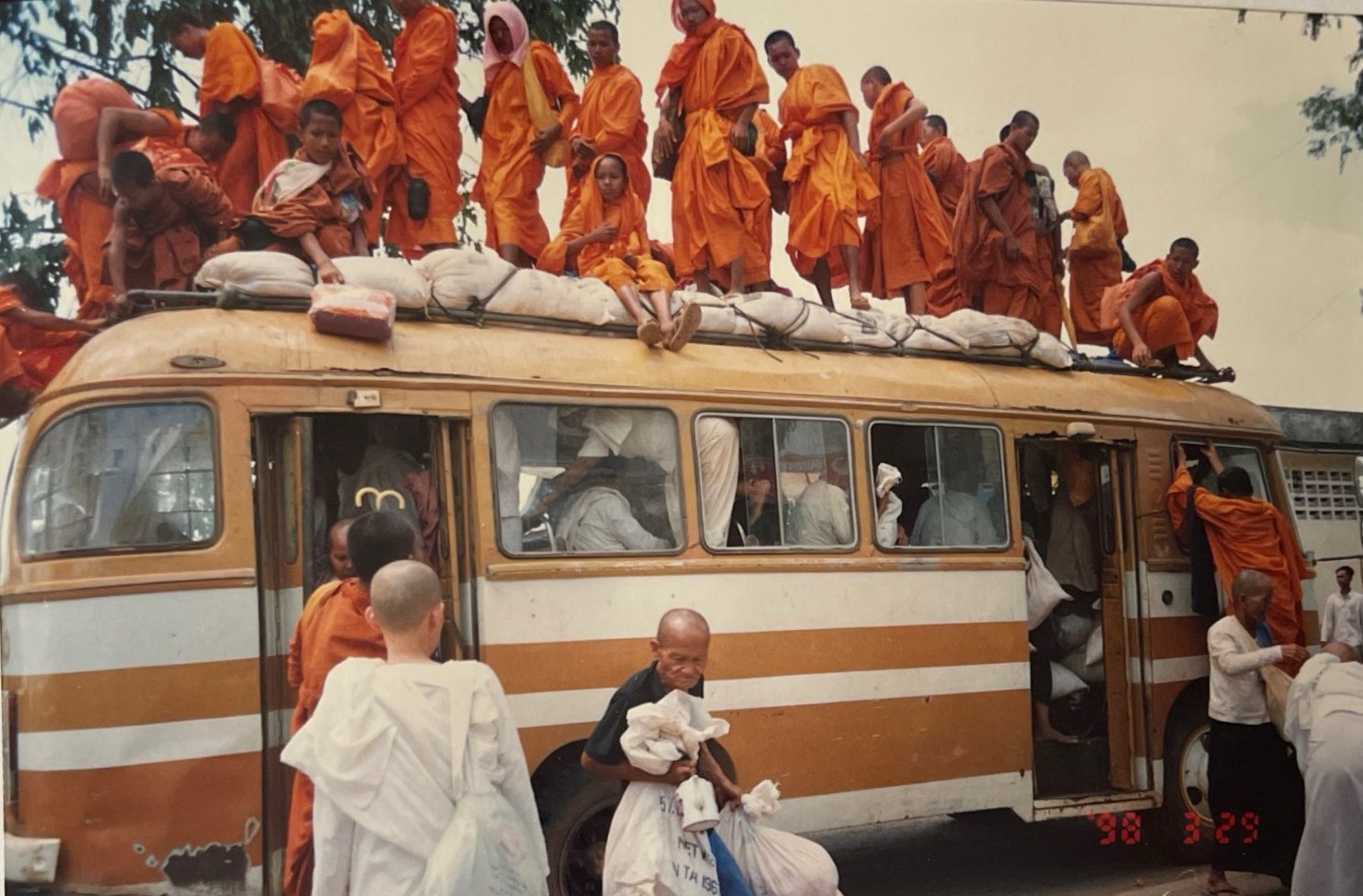
Formal Establishment – Strengthening Democracy
and Political Development
Following its formal establishment in 1994, KAS Cambodia focused on supporting the nascent democracy of a country emerging from decades of conflict. The signing of the Paris Peace Agreements in 1991 and the subsequent United Nations-led elections in 1993 marked the beginning of a new chapter for Cambodia, yet the country still faced profound challenges in building stable political structures. KAS responded to these needs by promoting political dialogue and embedding democratic values in the evolving political culture.
The foundation’s initial efforts centered on capacity-building programs targeting politicians, members of parliament, and government officials. These programs emphasized the importance of democratic governance, transparency, and accountability—critical elements in fostering a stable political environment. By enhancing the skills of key actors within the political system, KAS contributed to the development of a more resilient and inclusive political landscape.
A distinctive aspect of KAS’s early approach was the integration of Buddhism into political dialogue and social development. A notable example of this was the “National Seminar on Buddhism and the Development of Khmer Society,” organized in 1995 in collaboration with BFD. This landmark event brought together political leaders, including Sar Kheng, religious figures such as Preah Maha Ghosananda, military representatives, monks, nuns and citizens from diverse backgrounds. The seminar’s theme, “Putting Down Guns and Taking Up the Dharma,” encapsulated its mission to foster dialogue, end violence, and promote social cohesion through Cambodia’s deeply rooted Buddhist traditions.
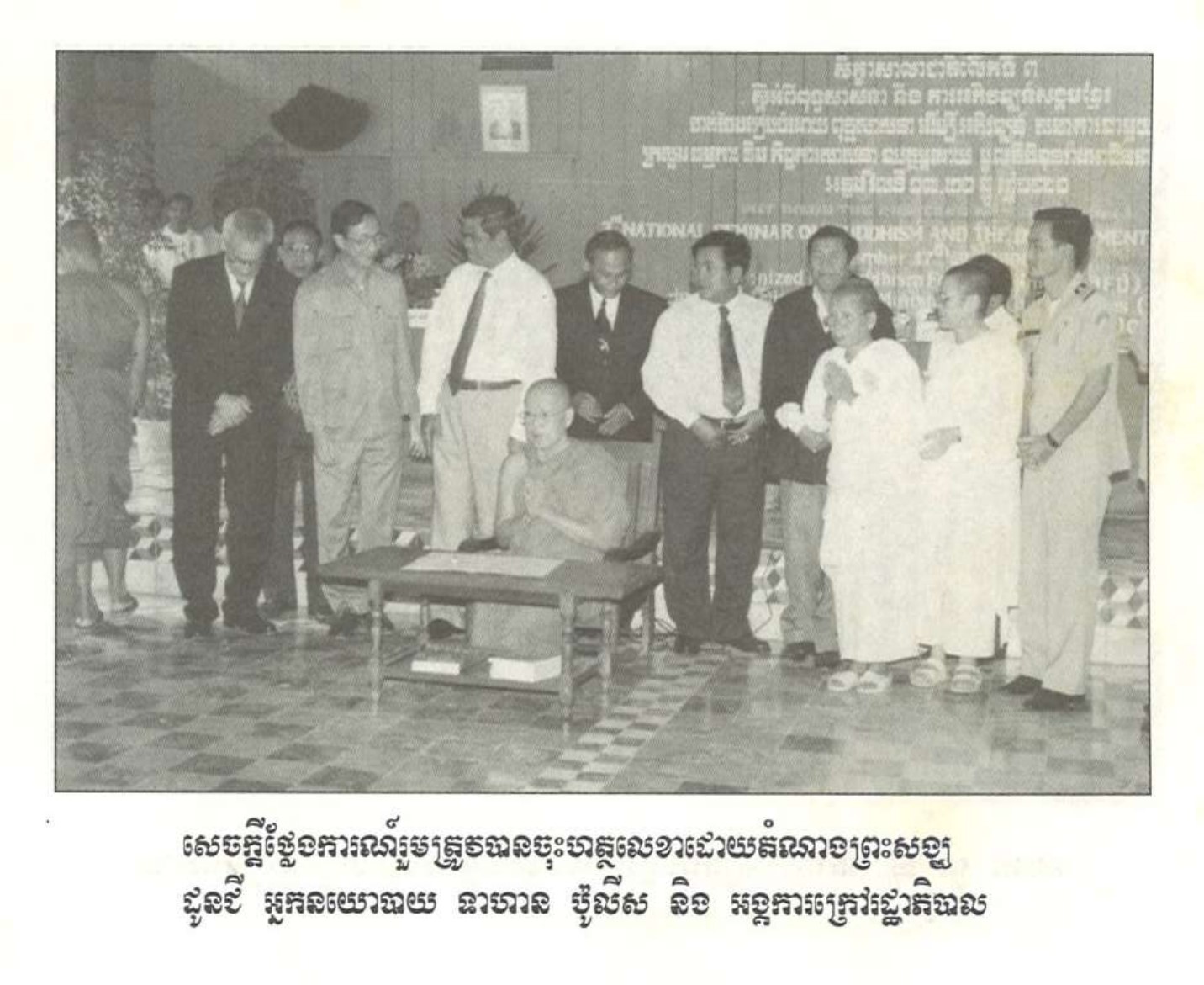

The seminar had a profound impact on the nation’s reconciliation efforts. His Majesty King Norodom Sihanouk expressed his hope for the event’s remark, stating:
“As we are rebuilding our homeland, may citizens, monks, and nuns who are responsible, virtuous, and non-violent, be compassionate, forgiving, and understanding in both religion and politics, let us love and respect each other to maintain peace and security for our nation.”
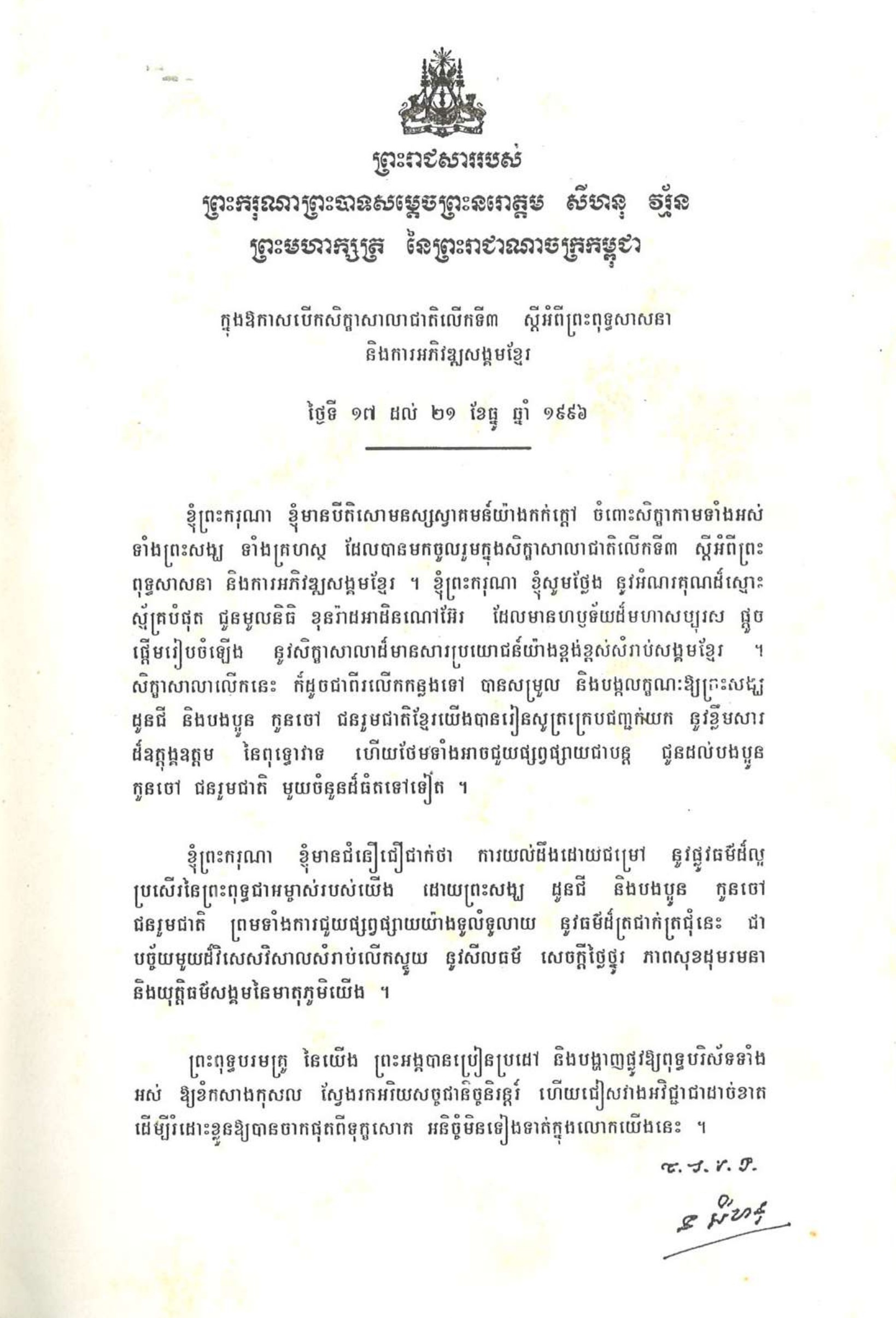
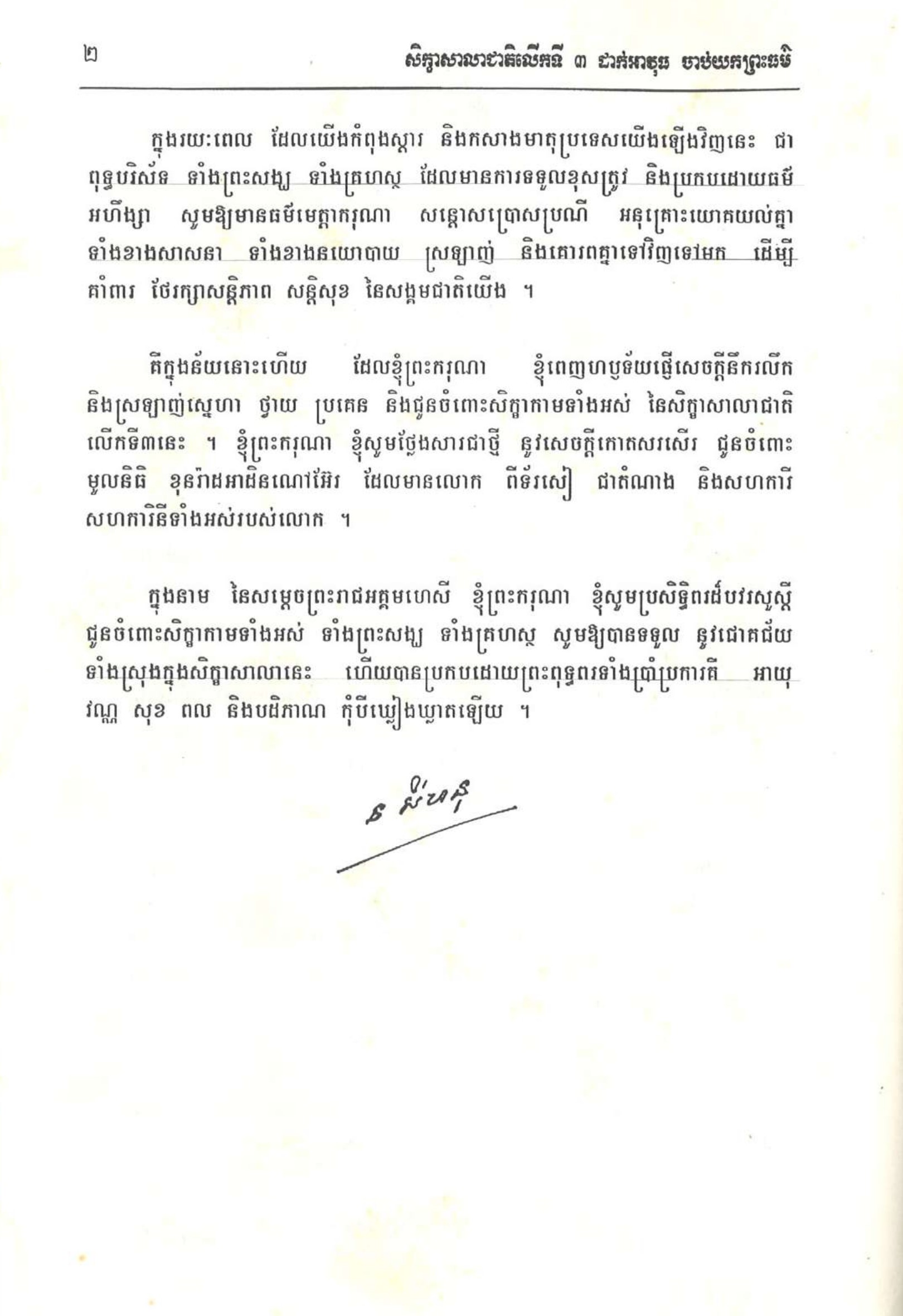
This seminar represented a significant milestone in KAS’s efforts to bridge Cambodia’s political and social divides, utilizing the country’s spiritual heritage to promote peace and reconciliation.
Alongside its work with political actors, KAS played a vital role in facilitating dialogue between opposing parties to create a more inclusive and stable political environment. In a nation where political divisions often ran deep, this dialogue was essential. These initiatives, also focused on capacity building, aimed to enhance the skills of politicians and government officials while promoting democratic governance, transparency, and accountability.
At the same time, the foundation engaged civil society organisations to promote greater citizen participation in the political process, contributing to the strengthening of Cambodia’s emerging democracy.


As KAS’s experience in Cambodia grew, the foundation began developing model projects and pilot programs by sharing evidence, best practices, and lessons learned from Germany and Euroupe. In 2001, KAS, in collaboration with the state of Rhein-Sieg-Kreis, the state of Spoleto, and BBJ Servis, alongside Cambodia’s Ministry of Interior, launched the renowned and impactful ONE WINDOW SERVICE pilot in Siem Reap and Battambang provinces.
